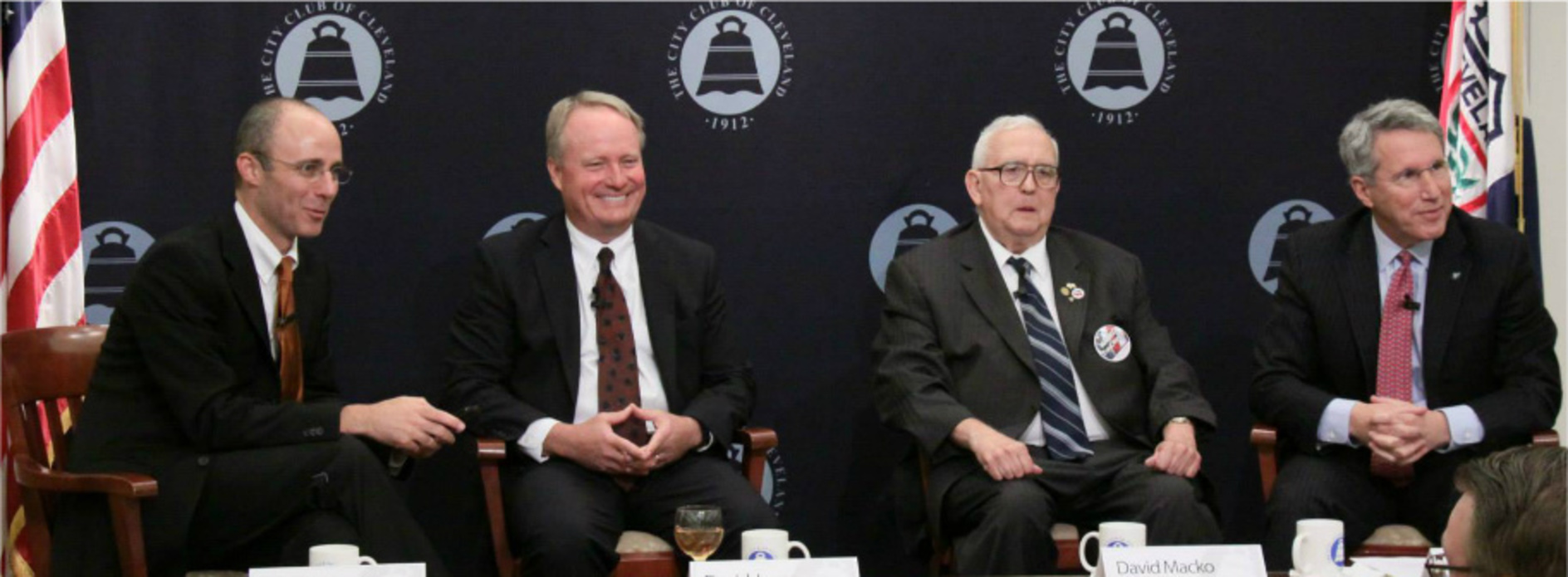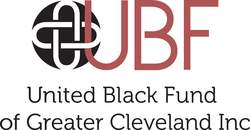Monday, October 20, 2014
Is the City Club Biased?
The City Club has recently come in for some pointed critical feedback regarding a recent debate. Actually, it wasn't so much the debate as the way the debate was moderated. I was the moderator.
It was Monday, October 13, and we hosted a debate for the 14th Congressional District. There were a few points raised from a few different people, all active members or leaders in the Ohio Republican Party, and the criticism generally focused on the questions asked of Congressman Dave Joyce and the manner in which I asked them. We were accused of incivility, being disrespectful of the office of the congressman, being biased against the congressman, giving his opponents, Michael Wager (D) and David Macko (L) a "pass." The moment in the debate that seemed to upset members of the audience was nearly halfway in, when I asked about the Affordable Care Act, and followed up by reiterating the question I felt hadn't been answered. You can see for yourself below. The question in question begins at about 26:45.
The feedback inspired a bit of soul searching here at the City Club. Staff and board leadership fielded emails and informal feedback and dissected the debate and that moment in the debate. There was no consensus. Some of us felt the questions and follow-ups were too much. Others thought I was fair. (Neither the congressman nor any of his campaign representatives complained to us at all.)
The most important concern in all of this, though, has less to do with the moderation than with the role we play in this community and in our state's democracy. We strive to be the place where public officials of every stripe can be in direct dialogue with the public, a place where true engagement can happen, where voters become informed so they can make a decision at the ballot box. We need to be a place where Republicans and Democrats feel comfortable meeting with the public, answering unscripted questions and sharing their thinking processes. If we can't do that, we can't really fulfill our mission. To do it well means that we need engaged community members on all sides and the partnership of elected officials and the parties that support them.
When candidates and officials agree to do this, it's challenging, and we run the risk of alienating those very representatives we seek to provide a forum for. That's one of the tough parts of being a public official, and many in our ranks believe it's not too much to ask of those public officials that they demonstrate a willingness to face difficult, often specific questions about complicated policy issues.
This balance between being a place that candidates feel comfortable and being an effective citizens' engagement forum is a delicate one. We don't always achieve it. I suspect that often we swing from one side to another. And I will tell you, as someone who has moderated more debates and panels than I can count, achieving this balance in a debate is exceptionally difficult. Regardless, though, we'll keep offering to host debates whenever we're able, and we'll keep asking for help and guidance from anyone able to offer it.
Of course, we're interested in your feedback. If you think we didn't do a good job moderating the debate, email me or leave a comment down below.
In the meantime, I want to remind us all what's so great about these debates: they have the capacity to reveal so much about the thought processes of officials and candidates. Our last question, which was submitted by a City Club member, asked the candidates to describe a disagreement they have with their own party's leadership and how they negotiate those moments. Congressman Joyce provided an answer that should give heart to anyone who believes Congress is broken. You can see it at 53:15, but essentially he said that when he wasn't sure a bill his leadership was asking him to support was in his constituents' best interests, he visited the constituents who would be affected and asked them, and then he voted in their interest, rather than in the party's. Whether you're supporting the GOP or the Democrats, I don't think you can ask more of a congressional representative than that, and I've communicated the same to the Congressman.






